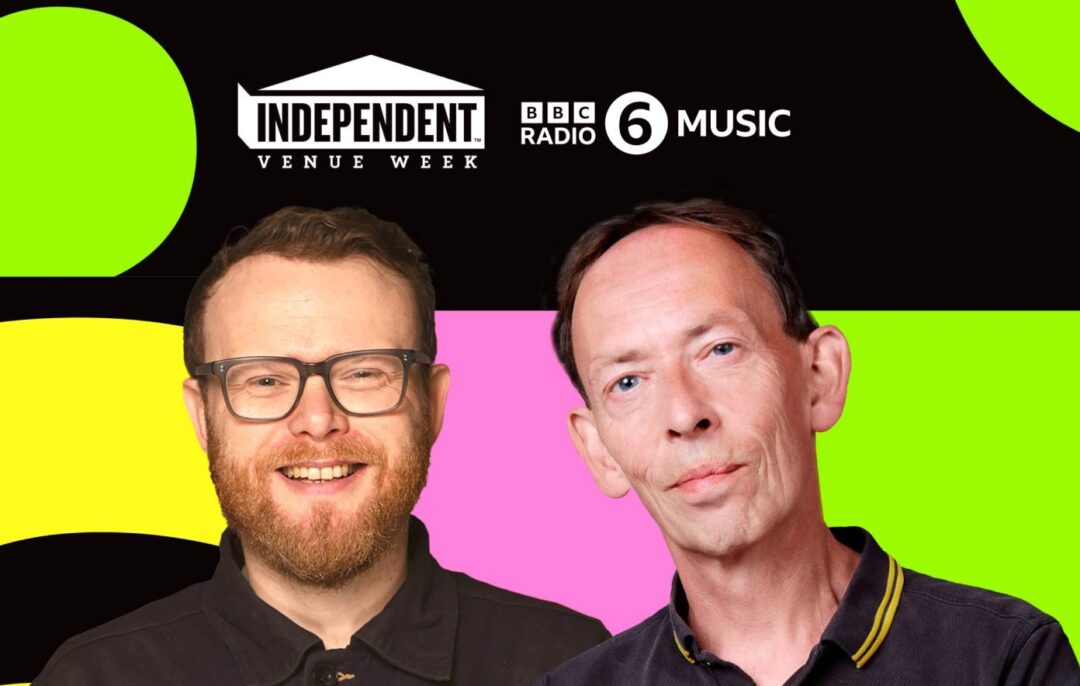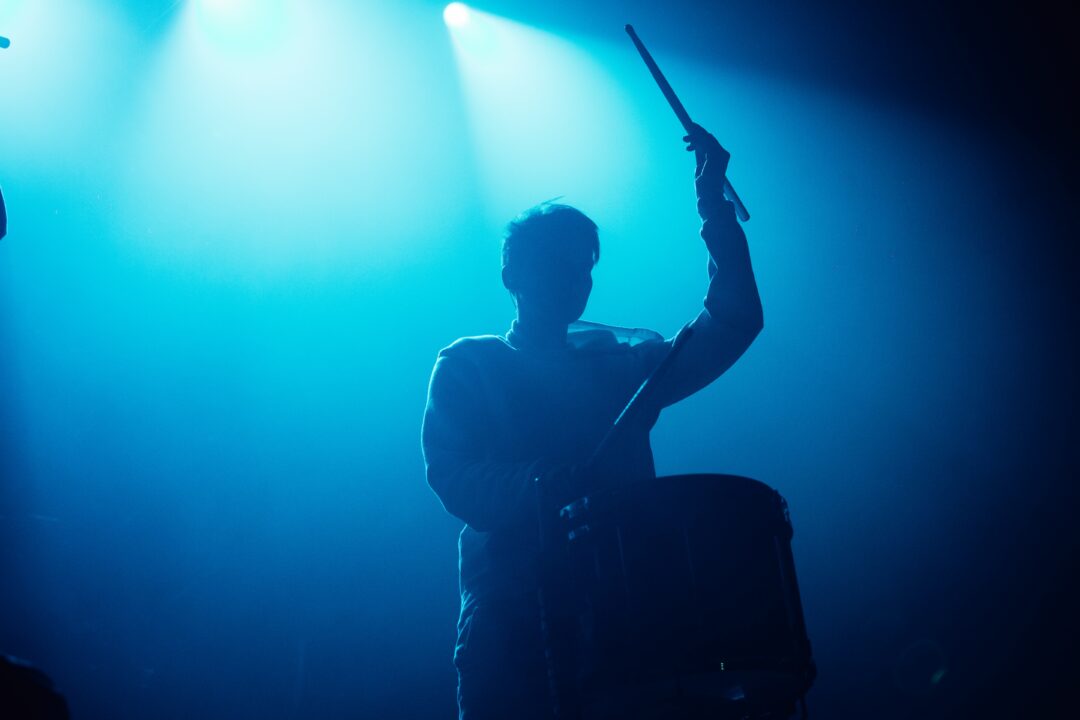Ahead of the general election, we reviewed the manifestos of each of the three major political parties to discern which political party would bring a brighter future to the music industry. Labour and the Lib Dems were almost on par with their policies, so with Labour winning the election with an overwhelming majority, it should certainly be a source of (at least thinly veiled) optimism for creatives in the UK that Starmer is residing in 10 Downing Street.
Multiple organisations, including UK Music, have wasted no time and have already called upon Starmer to address the conflating issues putting the music industry under immense pressure. However, it is far too soon to expect Kier Starmer to turn his attention to the music industry when there are many other urgent issues to address.
Economic stability, robust healthcare, and comprehensive education reform are foundational to the well-being of the nation and, indirectly, to the success of the music and creative industries. By addressing these broader issues first, the government can create a more favourable environment for the music industry to thrive in the long run. Nothing will change overnight, so while it is undoubtedly tempting for some music journalists to declare that “it’s time for the new Labour government to honour its commitment to supporting the music industry”, a little bit of realism wouldn’t go a miss, as unsurprisingly, when YouGov conducted a poll asking voters what issues will affect how they vote in the general election, the music industry didn’t get a look in.
A Summary of the Influx of Demands on the Labour Government
The current demands from the music industry are multifaceted and pressing. UK Music, representing the collective interests of the sector, has called for immediate action to reverse the decline in music education, citing the loss of 1,000 music teachers since 2012. This decline not only affects the talent pipeline but also deprives young people of the opportunity to engage with music, which can provide essential life skills. Tom Kiehl, CEO of UK Music, has highlighted the need for strong government support to navigate these challenges and leverage the opportunities that the sector offers.
Moreover, the Association of Independent Music (AIM) has underscored the importance of including music in creative tax reliefs, akin to those in film and gaming, to stimulate investment in the UK’s music scenes. They also advocate for small business opportunities in apprenticeships and responsible AI development that nurtures UK music and musicians. These measures are designed to create a sustainable environment where music businesses can thrive and scale.
In addition, the British Phonographic Industry (BPI) has emphasised the necessity of a comprehensive plan for the creative sector as part of the Labour government’s industrial strategy. This includes not only reversing the decline in music education but also fostering a robust relationship between the music industry and the government to ensure growth and stability for the sector.
Why the Music Industry Has to Wait for Major Reform
The Labour government, led by Keir Starmer, has inherited a plethora of urgent issues. The housing crisis, with its severe impact on affordability and availability, requires immediate and sustained intervention. The NHS, beleaguered by long waiting lists and staffing shortages, needs comprehensive reforms to ensure it can meet the healthcare needs of the population. Additionally, the rising levels of poverty and economic instability necessitate robust economic policies to support those most affected and to foster long-term economic growth.
Addressing these foundational issues first is crucial. By stabilising the economy, improving healthcare, and reforming education, the government can create a supportive environment that benefits all sectors, including the music industry. For instance, a stronger economy can lead to increased disposable income, which in turn can boost spending on music and entertainment. Improved healthcare can ensure a healthier population that can actively participate in and contribute to the creative industries. Comprehensive education reform can produce well-rounded individuals with the skills and knowledge necessary to excel in the music industry.
Keir Starmer’s personal commitment to music and the arts is well-documented. His background as a musician and his passion for making the arts accessible to all young people are promising. However, translating this passion into effective policy requires a balanced and prioritised approach. The Labour government’s broader strategy for the creative sector should be integrated into its overall industrial strategy, ensuring that it supports growth and addresses the challenges facing the industry in a holistic manner.
Realistic Timelines of Music Industry Reformation
Realistically, the timeline for the new Labour government to reform the music industry will depend on several factors, including the complexity of the reforms, the legislative process, and the prioritisation of other urgent issues. Typically, substantial reforms can take several years to implement fully. Here’s a breakdown of the likely phases and their durations:
- Initial Assessment and Planning (6-12 months):
- Establishing a task force or committee to assess the current state of the music industry.
- Consulting with industry stakeholders, including organisations like UK Music and AIM.
- Developing a comprehensive plan that aligns with broader government priorities.
- Legislative Process (12-24 months):
- Drafting necessary legislation based on the plan.
- Presenting the legislation to Parliament and navigating it through the legislative process.
- This phase includes debates, committee reviews, and potential amendments to the proposed laws.
- Implementation of Reforms (24-36 months):
- Rolling out new policies and regulations.
- Allocating budgets and resources for initiatives like music education reforms and creative tax reliefs.
- Establishing support systems for small music businesses and freelance musicians.
- Monitoring and Adjustment (36-48 months and beyond):
- Monitoring the impact of the reforms and making necessary adjustments.
- Continuous engagement with industry stakeholders to address emerging challenges and opportunities.
- Long-term policies to ensure sustainability and growth within the music industry.
Given these phases, it could realistically take around 4 to 5 years to see significant and comprehensive reforms in the music industry. However, some changes, like increasing funding for music education or providing immediate support to struggling musicians, could be implemented more quickly.
The success of these reforms will also depend on the government’s ability to manage and address other pressing issues simultaneously, ensuring that the music industry receives the attention and resources it needs for long-term growth and stability.
Article by Amelia Vandergast






